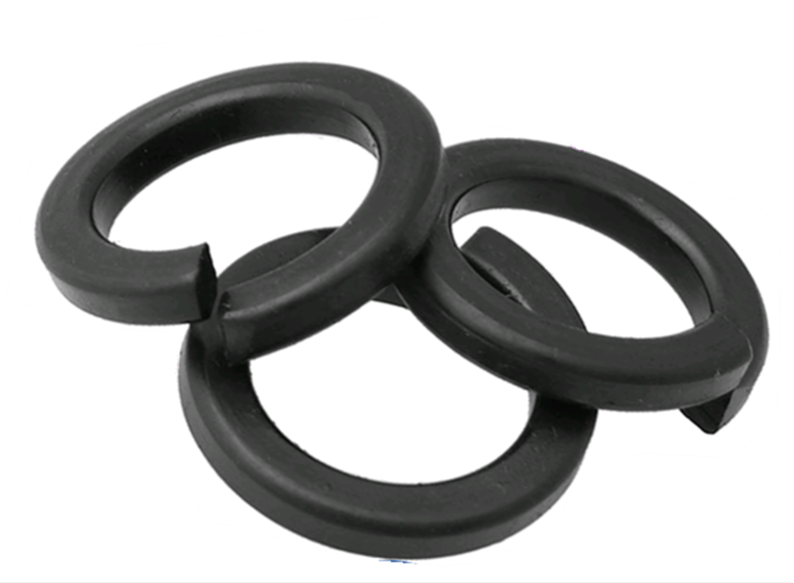buy grade8.8 flange nuts
Dec . 04, 2024 23:06 Back to list
buy grade8.8 flange nuts
Understanding and Selecting Grade 8.8 Flange Nuts
When it comes to securing structural components and ensuring the integrity of assemblies, fasteners play a critical role. Among the various types of fasteners available, grade 8.8 flange nuts have gained considerable attention for their strength and versatility. This article delves into what grade 8.8 flange nuts are, their applications, advantages, and how to choose the right one for your needs.
What Are Grade 8.8 Flange Nuts?
Grade 8.8 flange nuts are made from medium carbon steel and are treated to achieve a minimum yield strength of 640 megapascals (MPa), which is roughly equivalent to 93,000 pounds per square inch (psi). The 8.8 designation refers to the mechanical properties of the nut the first number (8) representing the material strength and the second number (8) reflecting the yield strength as a percentage of the tensile strength. This grade is often used in applications where high strength and resistance to shear are crucial.
Flange nuts are distinct because they have a larger, integrated washer-like base that provides a greater surface area for load distribution. This feature helps to prevent the nut from digging into the surface of the material, which can reduce the risk of deformation and loosening over time.
Applications of Grade 8.8 Flange Nuts
Grade 8.8 flange nuts are commonly used in various industries, including automotive, construction, and machinery assembly. Some typical applications include
1. Automotive Manufacturing In vehicles, grade 8.8 flange nuts are often used to secure different components like suspensions, frames, and engines, where reliability and strength are paramount.
2. Structural Applications In the construction of buildings and structures, these nuts are used to fasten beams, columns, and various load-bearing elements, ensuring structural soundness.
3. Heavy Machinery Grade 8.8 flange nuts are utilized in the assembly of heavy machinery, such as excavators and bulldozers. The high tensile strength is essential to endure the harsh working conditions and vibrations associated with heavy equipment.
4. Marine Applications Due to their resistance to corrosion when coated appropriately, these nuts are also used in marine applications for securing components in boats and offshore structures.
Advantages of Using Grade 8
.8 Flange Nutsbuy grade8.8 flange nuts

- High Strength With a minimum yield strength of 640 MPa, grade 8.8 flange nuts can handle high loads without failing.
- Load Distribution The flange design helps distribute pressure and loads evenly, reducing the risk of damage to the underlying materials.
- Anti-Loosening Features The increased surface area helps to resist loosening caused by vibrations, making them a reliable choice for demanding applications.
- Versatility These nuts can be used in various environments and for different applications, making them a popular choice among engineers and manufacturers.
How to Choose the Right Grade 8.8 Flange Nuts
When selecting grade 8.8 flange nuts for your project, consider the following factors
1. Material Compatibility Ensure that the nut material is compatible with the components it will be used with to prevent galvanic corrosion.
2. Coatings Consider whether a coating, such as zinc plating or black oxide, would enhance the nut's resistance to rust and corrosion based on the application environment.
3. Size and Thread Pitch Ensure the size and thread pitch of the flange nut match the bolts or screws it will be paired with for proper fitting.
4. Certification and Standards Look for nuts that meet international standards, such as ISO or ASTM, to ensure quality and performance.
5. Quantity and Cost Consider bulk purchasing options to save costs, especially if you're working on large-scale projects.
In conclusion, grade 8.8 flange nuts are an essential component in various construction and manufacturing applications. Their combination of strength, load distribution capabilities, and resistance to loosening makes them a preferred choice for engineers and builders around the world. Selecting the right flange nut can significantly impact the reliability and safety of your projects, so take the time to choose wisely.
Latest news
-
High-Quality Panel Stud Bolt Reliable Panel Stud Bolt Factory & Suppliers
NewsJul.08,2025
-
High-Precision Fine Thread Locknuts Manufacturer & Supplier Custom Solutions
NewsJul.08,2025
-
PH Imperial Stud Bolt – High Strength Fasteners from Leading Supplier & Factory
NewsJul.07,2025
-
High-Quality Allen Wrench Bolts Leading Factory, Company & Suppliers
NewsJul.07,2025
-
Wholesale Ball Stud Bolt - High Quality Supplier & Factory Price Reliable Wholesale Ball Stud Bolt Company
NewsJul.06,2025
-
High-Strength Alloy Bolts Manufacturer & Supplier Quality Alloy Fasteners Factory
NewsJul.06,2025
